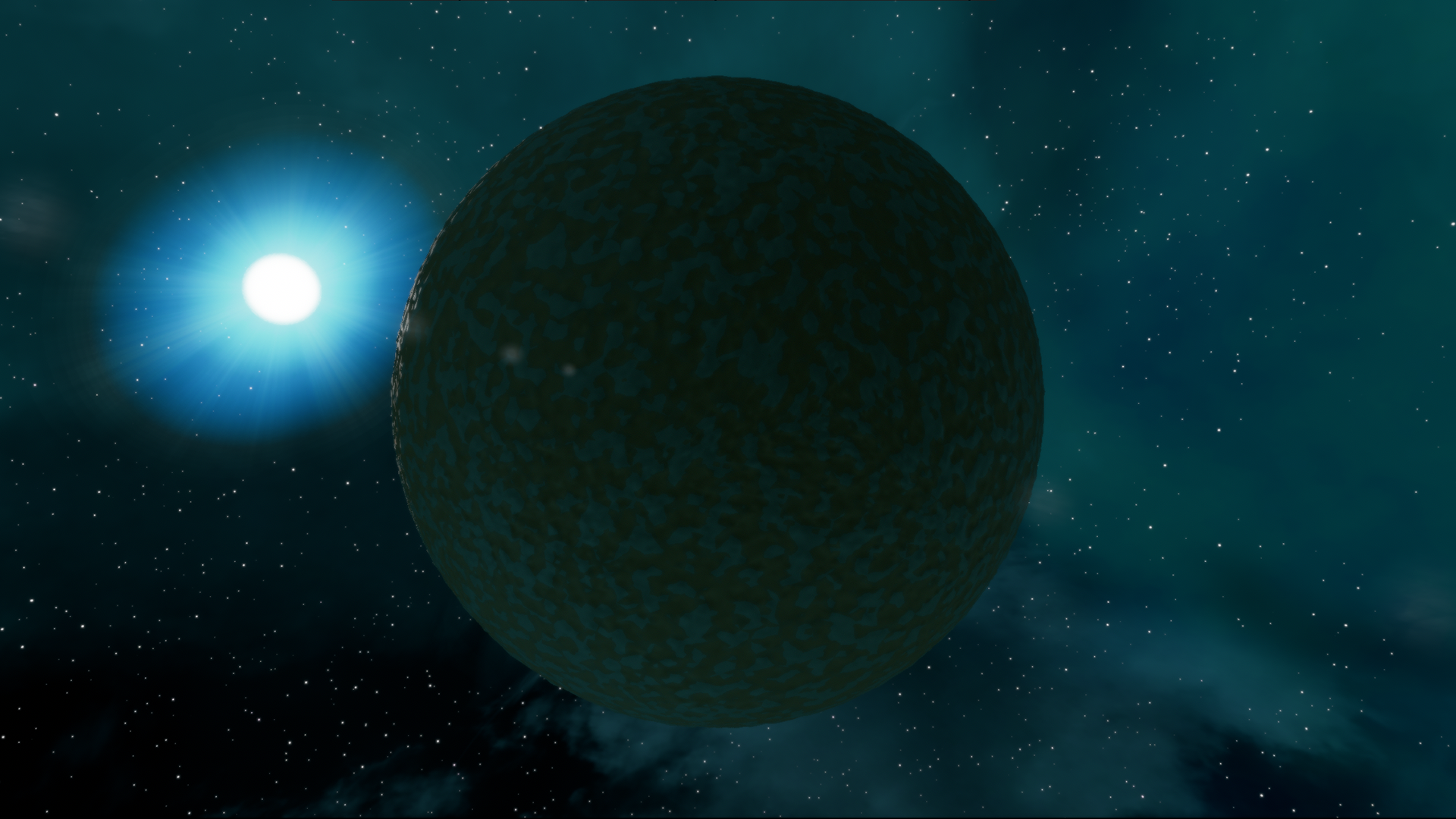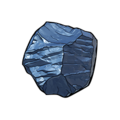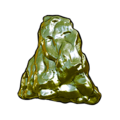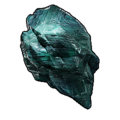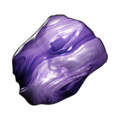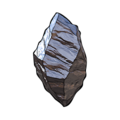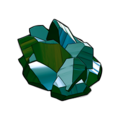Difference between revisions of "Boreas"
(Created page with "{{SB Infobox Begin |{{SB Infobox Header |image=Image:Boreas.png |factionLogo= |caption= |name= |border=none |edgeless=true }} {{SB Infobox Celestial Body General Information |pronunciation={{IPAc-en|ˈ|ˌ|b|ɔ:|.|r|i|.|ə|s}} |languageOrigin=Classical Latin |ipaKey=key |alias=Borealis |class=Submoon |satelliteOf=Euphrosyne |location=1st moon of Euphrosyn...") |
|||
| Line 10: | Line 10: | ||
{{SB Infobox Celestial Body General Information | {{SB Infobox Celestial Body General Information | ||
|pronunciation={{IPAc-en|ˈ|ˌ|b|ɔ:|.|r|i|.|ə|s}} | |pronunciation={{IPAc-en|ˈ|ˌ|b|ɔ:|.|r|i|.|ə|s}} | ||
|languageOrigin=[[wikipedia: | |languageOrigin=[[wikipedia:Ancient_Greek|Ancient Greek]] | ||
|ipaKey=[[wikipedia: | |ipaKey=[[wikipedia:Ancient_Greek_phonology|key]] | ||
|alias=Borealis | |alias=Borealis | ||
|class=Submoon | |class=Submoon | ||
Revision as of 07:48, 28 June 2024
(Ancient Greek) - IPA(key)
Boreas (/ˈˌbɔː.ri.əs/) is a satellite to the moon Euphrosyne, orbiting it at nearly 700 kilometers. Owing to its low mass, Boreas lacks any trace of atmosphere, and its surface is riddled with sharp ridges and deep pockets — clear evidence of numerous asteroid impacts throughout time — and yet despite it, Boreas' gravity well extends well beyond the norm for a satellite of its size. It is perhaps because of this unusually sized gravity well that Boreas has been able to accumulate such mineral wealth over time.
Nomenclature
From Greek Mythology, Boreas is the god of the cold northern wind, storms, and winter. Like the rest of the wind gods, Boreas was said to be the son of Eos, the goddess of the dawn, by her husband Astraeus, a minor star-god. He is thus brother to the rest of the Anemoi (the wind gods), the five star-gods and the justice goddess Astraea.
